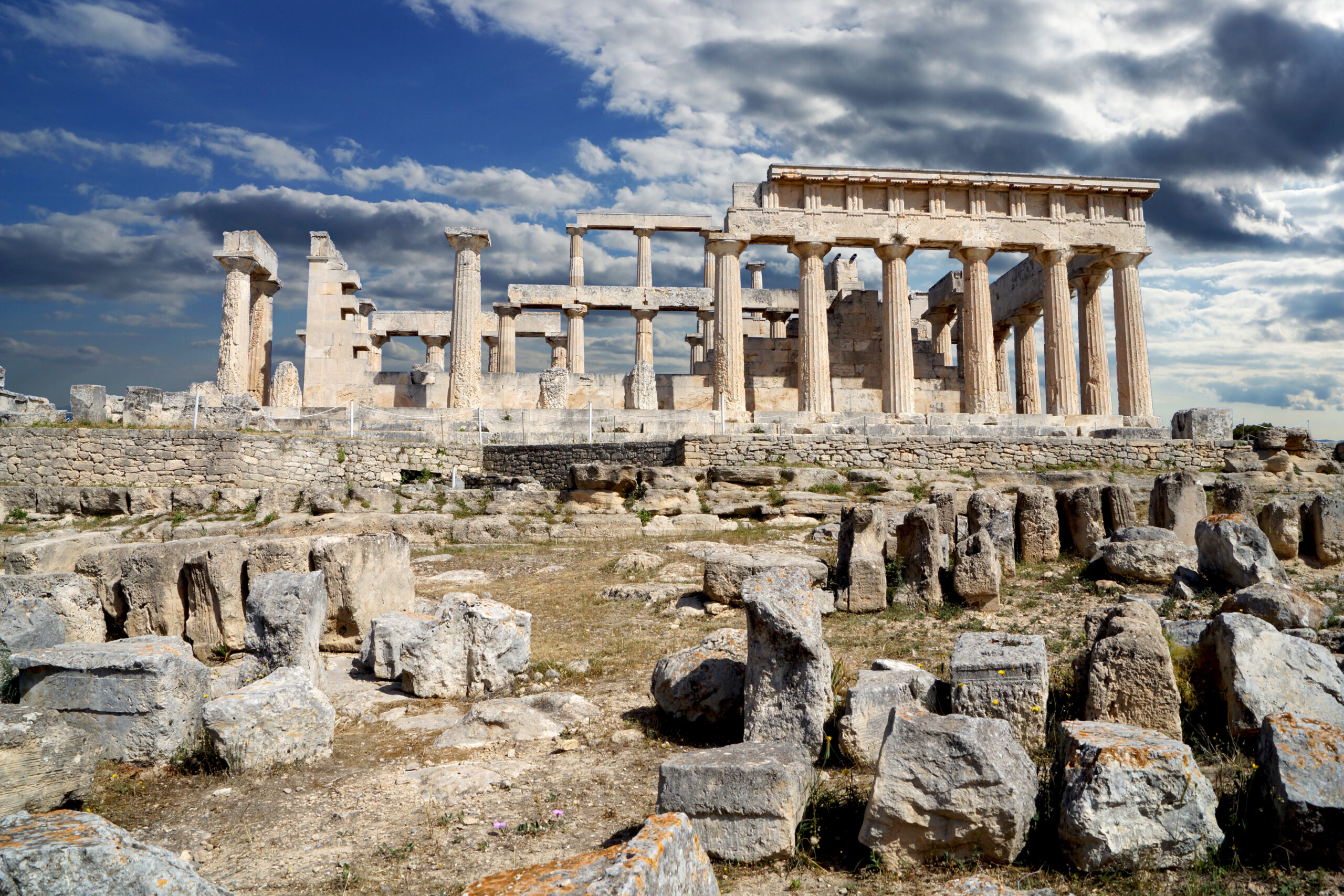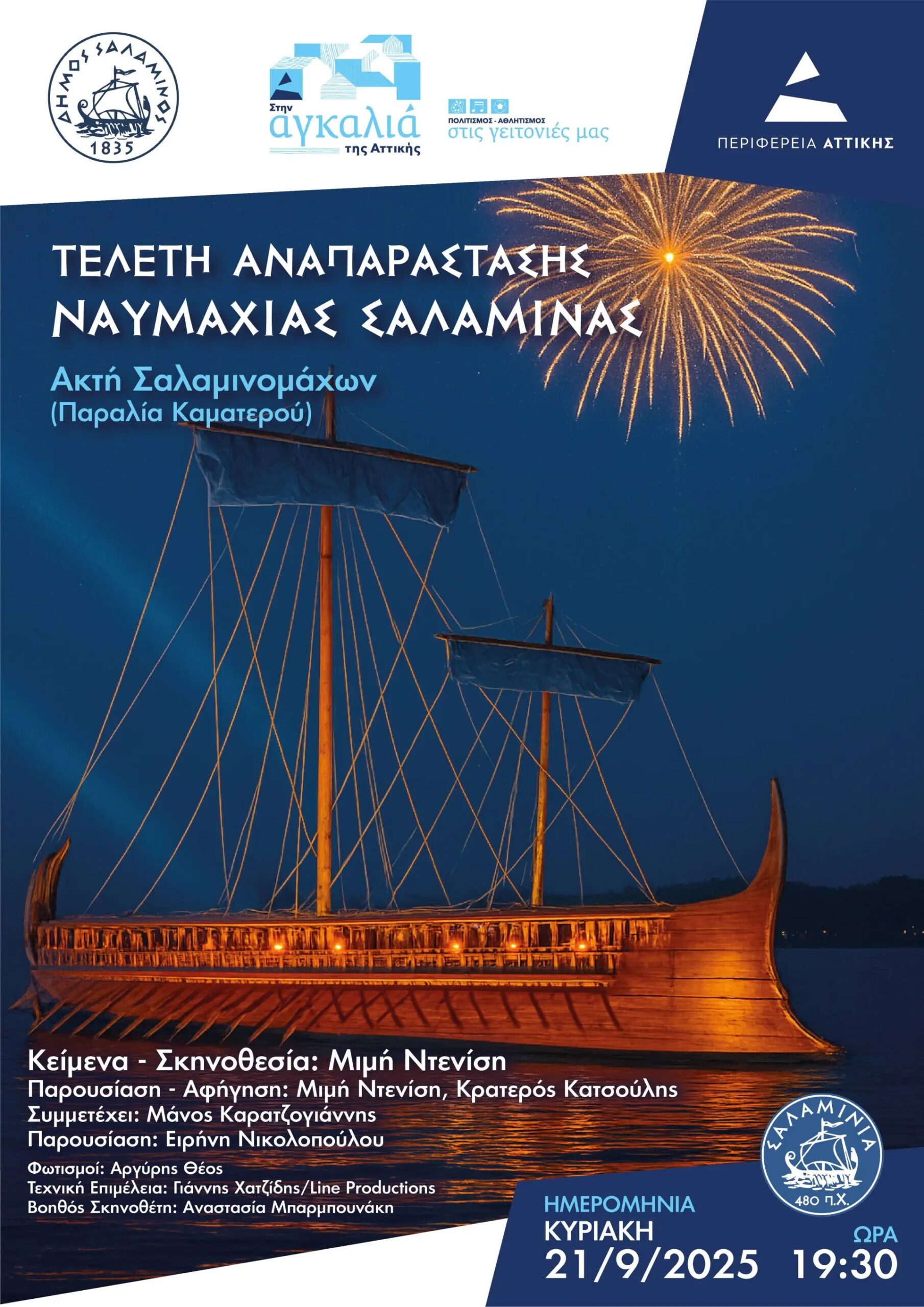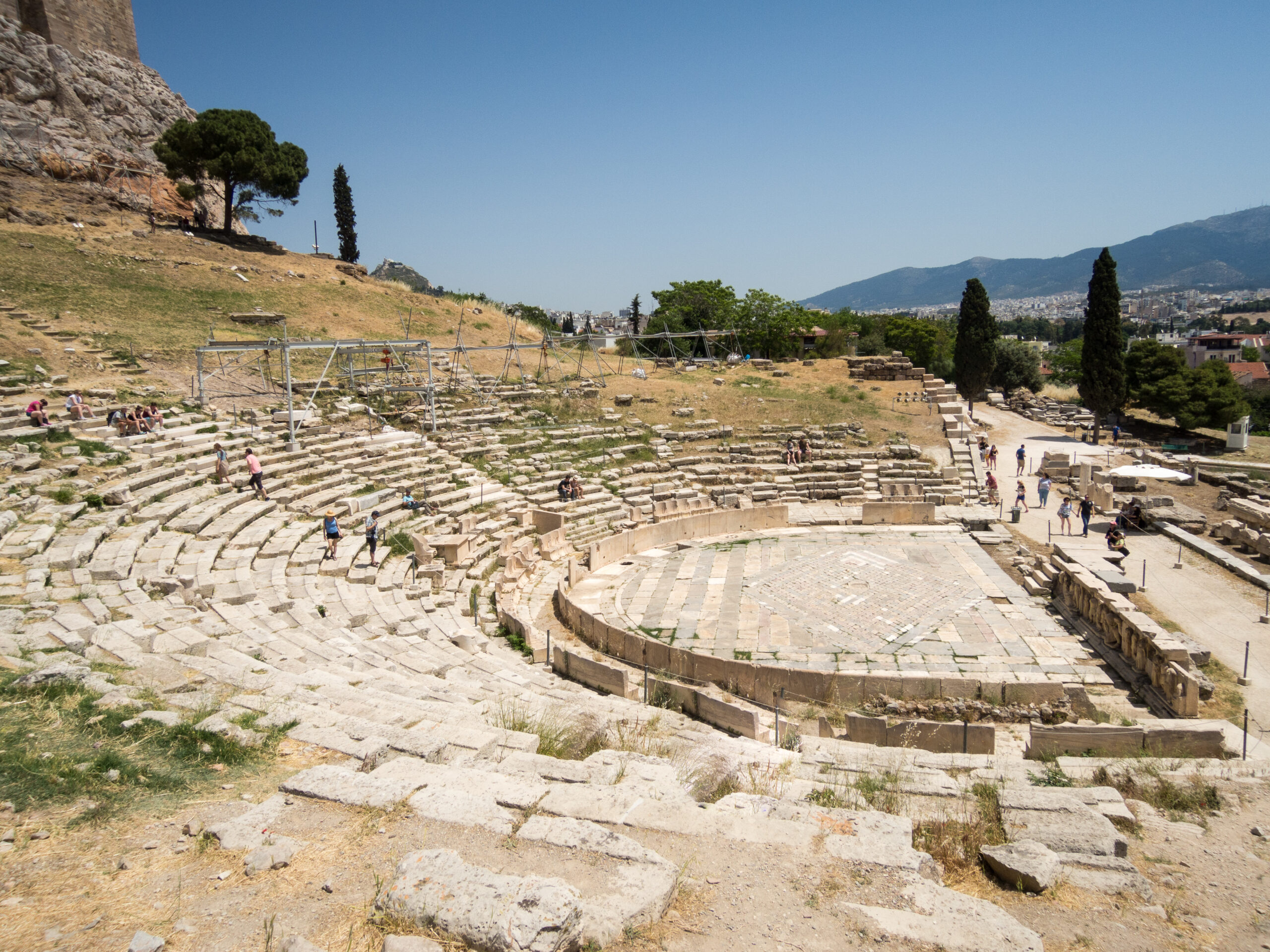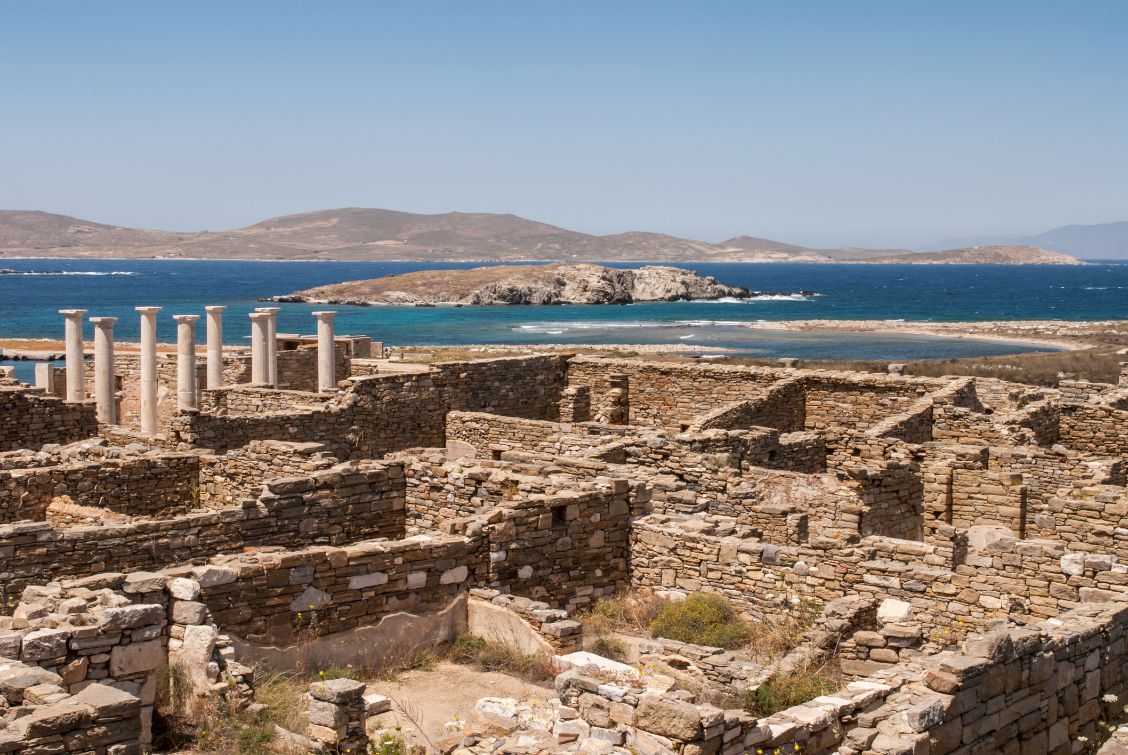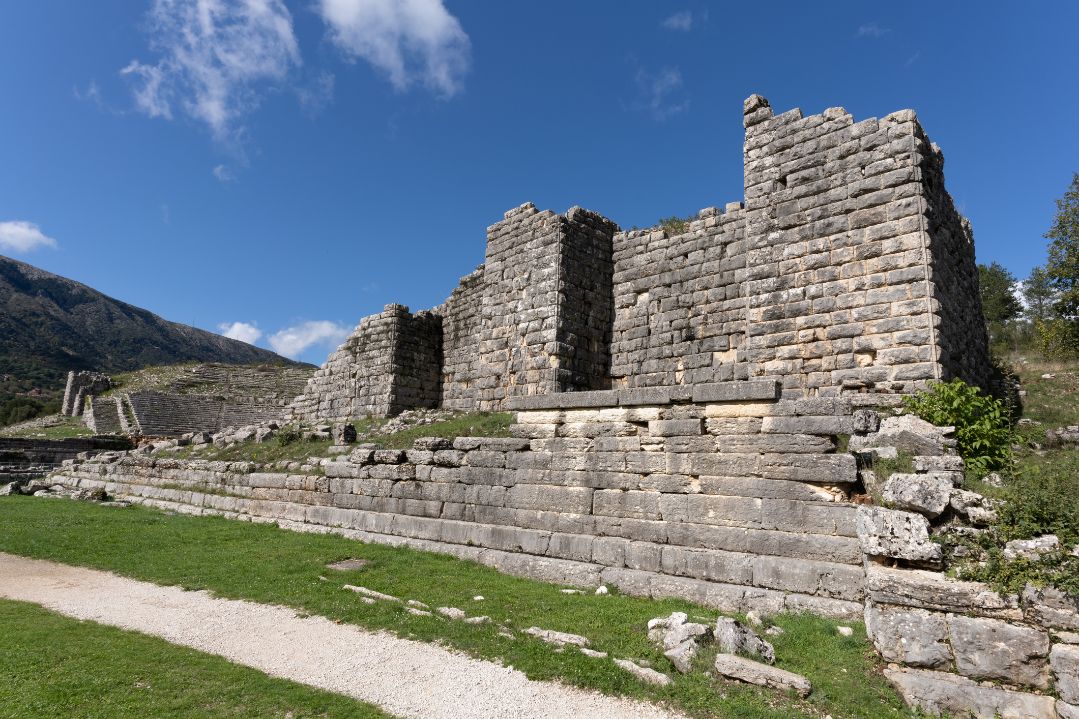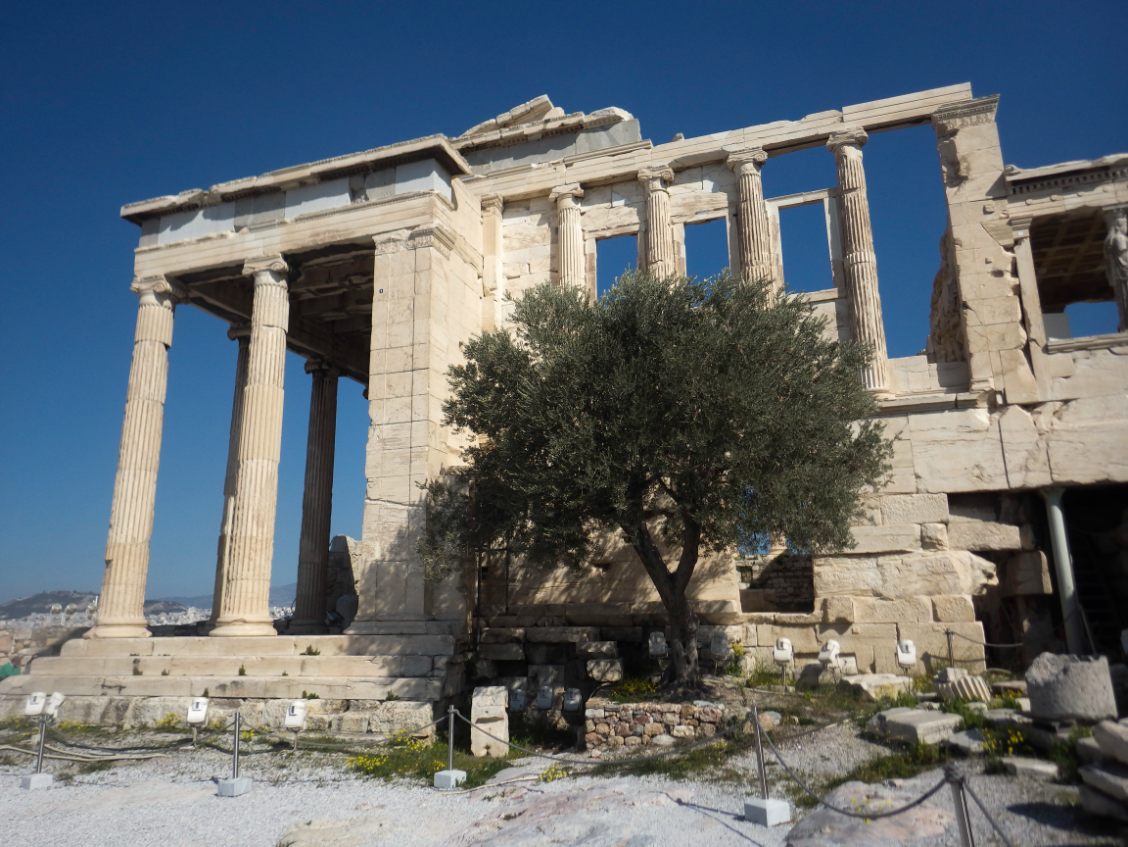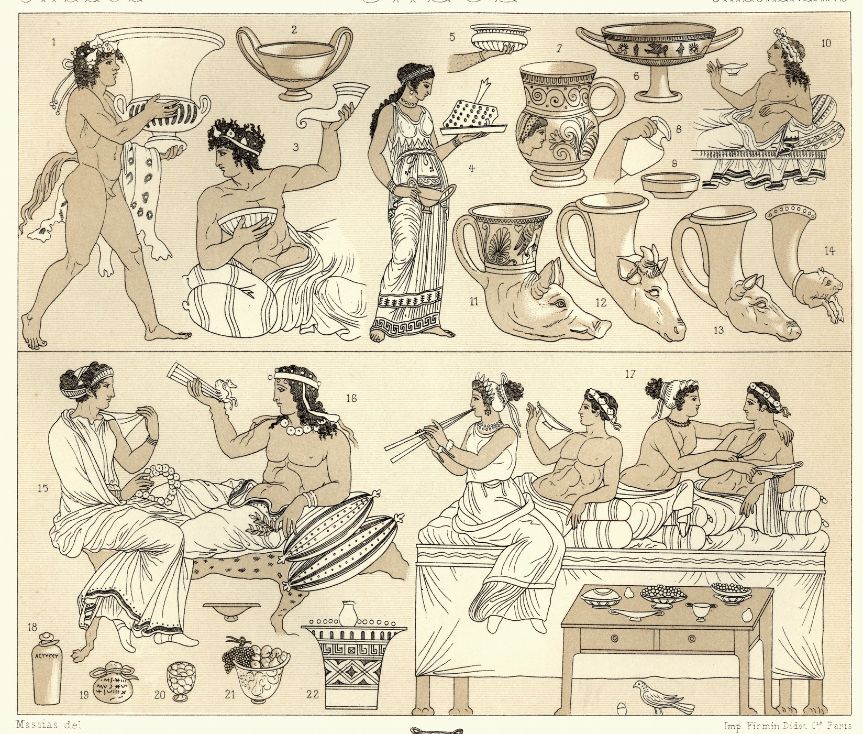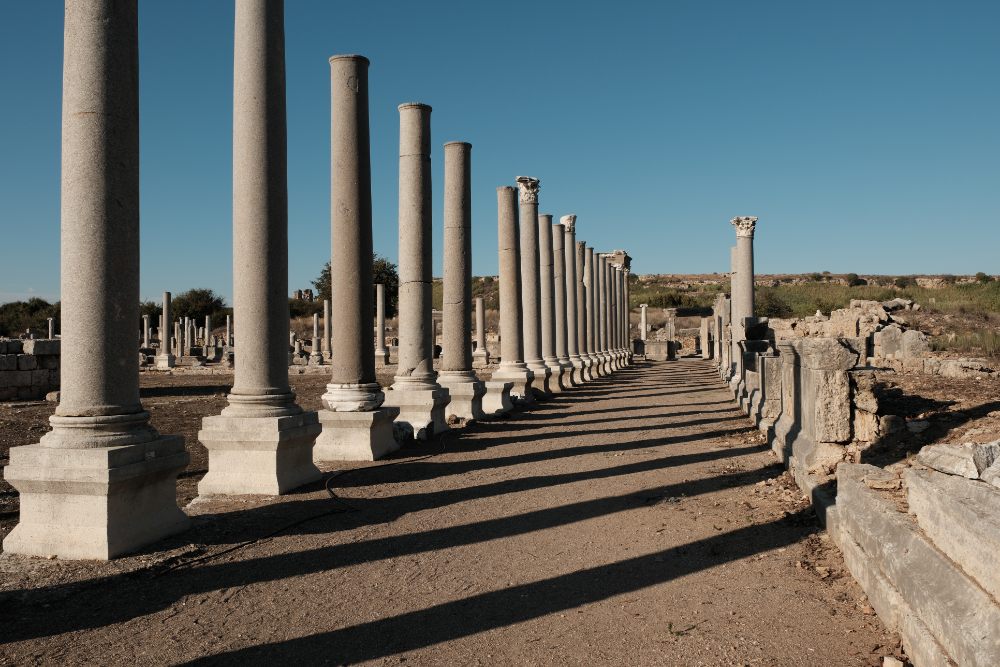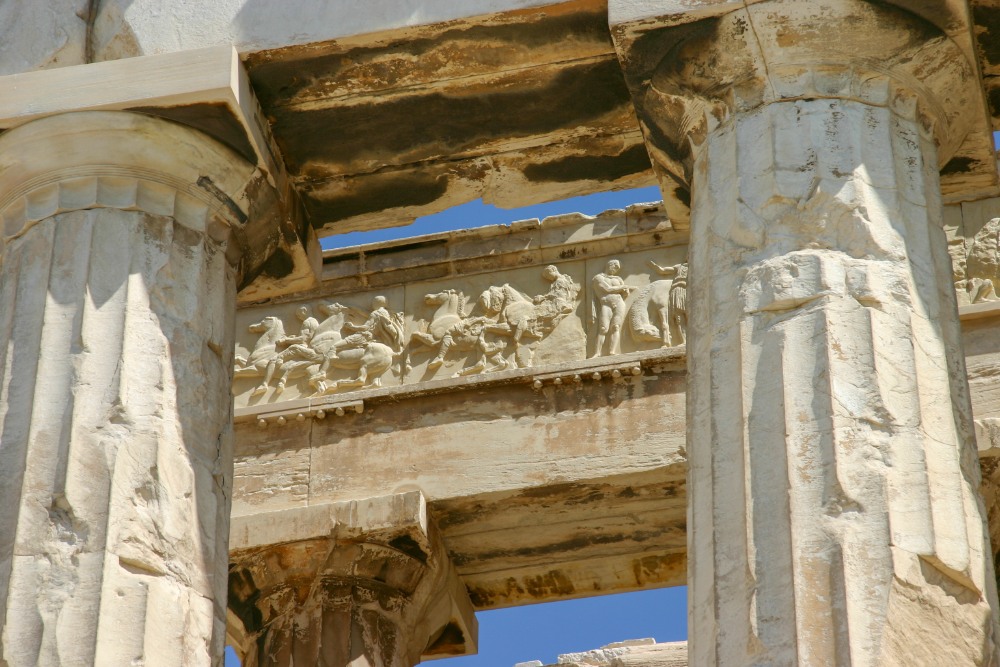A Tale of Athenian Conquest
During the Peloponnesian War, Aegina, a prosperous island in the Saronic Gulf, found itself at the center of Athenian ambitions. Aegina had long been a rival to Athens, particularly in trade and maritime power. In 431 BC, tensions escalated between the Delian League, led by Athens, and the Peloponnesian League, led by Sparta, Aegina became a focal point of conflict.
Athens sought to weaken Aegina economically and militarily to secure its dominance over the Aegean Sea. In 431 BC, they initiated a series of naval raids, aiming to devastate Aegina’s fleet and disrupt its commerce. The Athenians laid siege to the island, employing their superior naval strength to blockade Aegina’s ports and cut off supplies.
In a decisive action, Athenian forces landed on the island, raiding towns and destroying resources. Aegina’s defenses, despite being formidable, could not withstand the relentless assaults. The Athenians captured key strongholds and inflicted heavy losses on the Aeginetan population.
By 429 BC, Aegina was defeated and forced to surrender. The Athenian victory led to the imposition of harsh penalties, including the dismantling of Aegina’s naval forces and the payment of tribute to Athens. This defeat severely diminished Aegina’s influence and marked a significant step in Athens’ campaign for supremacy in the region, demonstrating the harsh realities of war and the relentless pursuit of power among Greek city-states.

